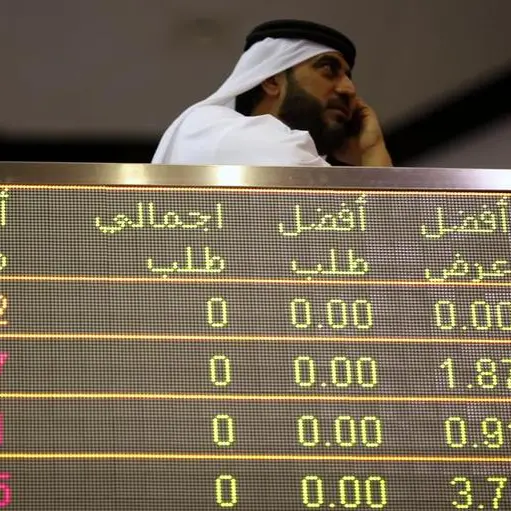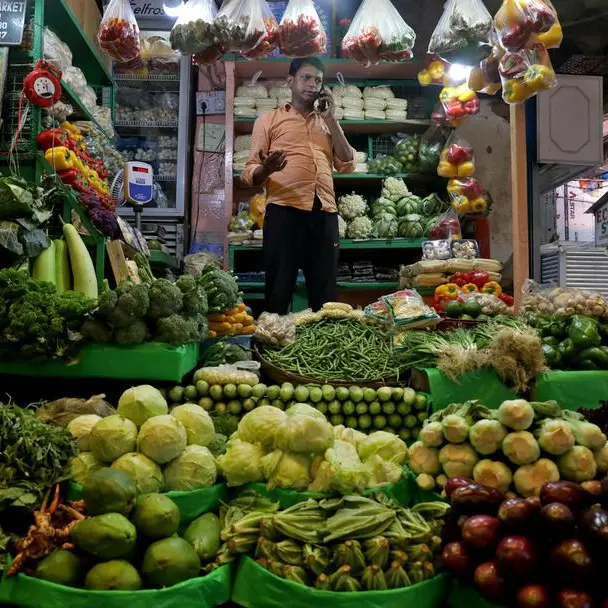MILAN- Italian banks stepped up their lending to companies around the country in February with the backing of state guarantees, and they pushed their holdings of domestic government bonds to a four-month high, data showed on Monday.
Loans to non-financial companies rose by 7.6% year-on-year, accelerating from a 7.3% rise in January, the monthly Bank of Italy report on domestic banks' balance sheets showed.
The growth in corporate lending is reversing a trend of sharp contraction over the last decade, driven by guarantees that Rome is providing to support the economy in the face of the COVID-19 epidemic.
Debt holidays and state-guarantee schemes, which will remain in place at least through June, are also helping feed an increase in bank deposits.
The Bank of Italy said residents' deposits with domestic banks grew to 2.65 trillion euros in February, up 11.3% year-on-year, the same increase recorded in January when they stood at 2.62 trillion euros.
"Italian companies can still tap state-guaranteed loans, and this helps to explain the excess in corporate deposits," said Paola Sabbione, co-head of European banks equity research at Barclays.
Sabbione said holding this liquidity was costly for banks in a world of negative interest rates. At the same time, however, the sustained growth in lending would help Italian banks benefit from the more favourable conditions at refinancing operations carried out by the European Central Bank.
"A positive element is that current credit trends in Italy, unlike what is happening in some other European countries, should allow Italian banks to easily meet benchmarks set for the ECB's operations," she said.
Italian banks increased their holdings of domestic government bonds in February to 428.9 billion euros - the highest level since October - from 420.2 billion in January.
Italian bonds, which were at the heart of investor concerns about the country's banking system during the euro zone sovereign debt crisis, rose to account for 18.2% of banks' total assets. ($1 = 0.8398 euros)
(Reporting by Alessia Pé, editing by Valentina Za and Hugh Lawson) ((sara.rossi@thomsonreuters.com; +39 06 8030 7736;))











